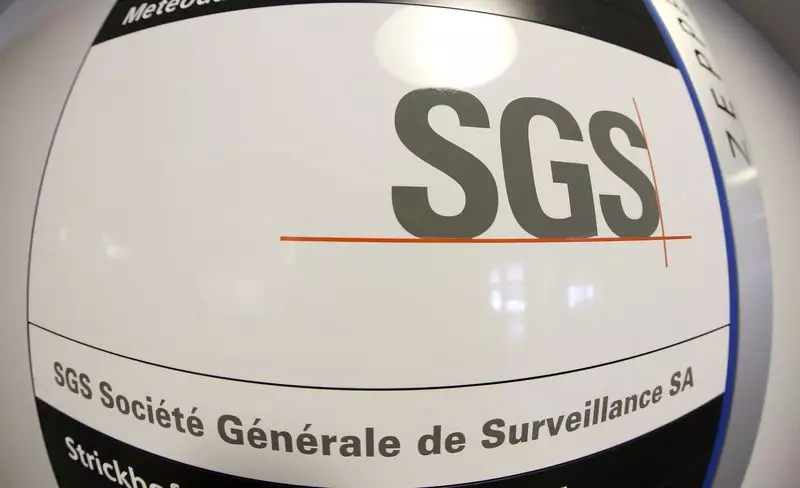In a surprising turn of events, Swiss testing and inspection company SGS has announced the cessation of negotiations regarding a monumental merger with French competitor Bureau Veritas. Initially sparked by the potential for a $30 billion all-stock agreement, these discussions have now concluded without a definitive resolution. This development raises various questions not only about the future of both corporations but also about the broader implications for the business landscape in Europe, specifically concerning Swiss-EU market relations.
The envisioned merger between SGS and Bureau Veritas highlighted the ambition of both organizations to consolidate their positions in the global testing and inspection industries. However, the discussions came to an abrupt halt, leaving stakeholders and market analysts baffled regarding the underlying reasons. A spokesperson for SGS declined to provide insight into why the merger talks ended, suggesting that the decision involved complex factors that remain undisclosed. Such secrecy fuels speculation and invites scrutiny from industry observers who are keen to understand the strategic missteps that may have led to this dissolution.
Among the various challenges surrounding this potential merger, the implications of trading SGS shares in Paris are noteworthy. Stakeholders were reportedly concerned about complications arising from protective measures instituted by Switzerland in light of a previous stock market conflict with the European Union. This historical animosity dates back to 2019 when Switzerland’s recognition by the EU was withdrawn, leading to a cascade of retaliatory measures. These factors presented a significant hurdle, restricting the feasibility of an all-stock transaction within the European context and potentially jeopardizing the financial integration that such a merger would necessitate.
In response to the halted negotiations, Swiss financial authorities have acknowledged that certain aspects of the merger presented noticeable challenges. Although they did not comment specifically on the SGS-Bureau Veritas discussions, their acknowledgment of potential issues surrounding this situation indicates that governmental policies may have played a significant role in the talks’ inconclusive outcome. This raises a crucial question regarding the future of similar mergers in the region and the extent to which such governmental restrictions may stifle corporate expansion strategies among Swiss firms.
The conclusion of the merger talks is more than just a setback for SGS and Bureau Veritas; it serves as a cautionary tale for other companies considering cross-border mergers in an increasingly complex regulatory landscape. As the business environment continues to evolve, firms must be acutely aware of not only market dynamics but also regulatory considerations that might impact their strategic decisions. The failed SGS-Bureau Veritas merger serves as a clear reminder that ambitions can be thwarted by barriers that, while perhaps invisible at first, are profoundly influential in the ongoing saga of corporate growth and global enterprise.
In the end, both SGS and Bureau Veritas will need to reevaluate their strategies moving forward as they grapple with the ramifications of their stalled union in a competitive global market.

